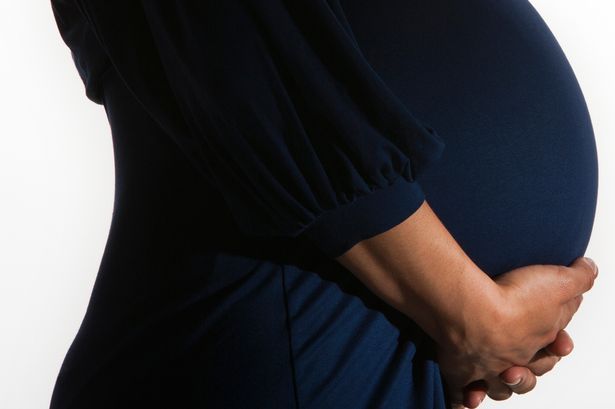Study Suggests Delayed Conception Could Result from Periodontal Pathogen
The latest research from the University of Helsinki revealed some surprising results regarding fertility and oral health. According to the study, a woman's dental hygiene can potentially have adverse affects on her ability to conceive. Read on to see what the researchers advise young women who plan to eventually become mothers.

A woman's oral hygiene can potentially impact her body and future plans in more ways than one, according to a new study
A new study from the Department of Oral and Maxillofacial Diseases at the University of Helsinki in Finland suggests a possible link between a common periodontal pathogen and a woman’s inability to conceive. While previous studies have shown certain periodontal diseases could be risk factors for general health issues, such as heart disease, no information on the relationship between periodontal bacteria and infertility has previously been available.
The study enrolled 256 healthy women, ranging in age from 19 to 42, who discontinued their preferred methods of contraception to conceive. Initial oral and gynecological examinations were performed on each study participant to determine levels of major periodontal pathogens in saliva along with saliva antibodies against such pathogens. Additionally, vaginal swabs were taken to diagnose any cases of bacterial vaginosis, since this condition can interfere with a woman’s ability to become pregnant.
The research team followed up with all study enrollees after a period of 12 months, at which time it was determined whether or not each woman was pregnant. Saliva samples were also taken. In women who did not conceive, detection of Porphyromonas gingivalis, a bacterium commonly associated with periodontal disease, occurred more frequently in women who did not become pregnant during the study period. Researchers also found saliva antibody levels against this bacterium were significantly higher in non-pregnant women.
It was determined that women who had P. gingivalis in saliva and greater levels of saliva antibodies had a three-fold risk of not becoming pregnant, compared to women without these factors. Further statistical analysis showed that the finding was not connected with any other risk factors, such as smoking, bacterial vaginosis or clinical periodontal disease.
“Our study does not answer the question on possible reasons for infertility, but it shows that periodontal bacteria may have a systemic effect even in lower amounts, and even before clear clinical signs of gum disease can be seen,” Dr. Susanna Paju, periodontist and researcher from the University of Helsinki, says. “More studies are needed to explain the mechanisms behind this association."
Dr. Paju added that the results of the study mean young, fertile women should be diligent about their oral health and schedule regular periodontal evaluations. Moreover, women who are trying to get pregnant should be encouraged to take good care of their oral health and maintain good oral hygiene.
ACTIVA BioACTIVE Bulk Flow Marks Pulpdent’s First Major Product Release in 4 Years
December 12th 2024Next-generation bulk-fill dental restorative raises the standard of care for bulk-fill procedures by providing natural remineralization support, while also overcoming current bulk-fill limitations.
















